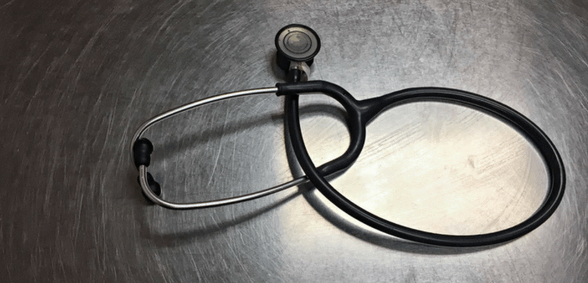
NHS Resolution has released its 2017/18 annual report and accounts. While the report observes that the organisation mediated more claims that year than before, it also notes that claimant legal costs fell.
Richard Lodge, a medical negligence partner at law firm Kingsley Napley LLP, makes a strong argument for mediation and the benefit to victim patients, NHS Trusts and GP practices and the lawyers involved on both sides

It is good news that, for the first time in many years, the bill for legal claims against the NHS is down, so said the NHS Resolution Annual Report and Accounts 2017/2018, released last week.
Whilst the number of new clinical negligence claims plateaued in 2017/18, claimant legal costs fell by 6.4% to £467m. Defence legal costs, however, were up 2.5% to £128m.This is interesting for several reasons.
Digging deeper into legal claims
In the past it has suited the NHS to blame clinical negligence lawyers, like myself, for spiralling claims and the financial burden on the NHS – but that belies a more complex picture.
The fact is the NHS has a large litigation bill because patients are regularly victims of mistakes. Typically, these patients do not want to sue but either need help with future care costs or want to highlight an error in the hope that others do not suffer in the same way. Ask any claimant medical negligence lawyer about how best to reduce the negligence bill and the answer will be, ‘Learn from mistakes to prevent them occurring again.’ By reducing the number of mistakes, you reduce the number of claims.
Learning from experience
The NHS Resolution report details the excellent work that is being done to learn from, and so prevent, medical mistakes leading to injury. This will be key to continuing to bring the claim bill down.
In addition, NHS chief executive Helen Vernon talked about an increased emphasis on mediation to reach early settlement of claims – this is new and also very important.
My career experience has been that the NHS fails to deal with claims efficiently and pragmatically with any eye to keeping a lid on costs. On the contrary, the combative way the NHS deals with litigation claims requires them to go deep into the dispute process before settlements are reached. This is an area crying out for reform.
Mediation the best medication?
Greater use of mediation to resolve disputes and reach earlier settlements could have a demonstrable impact on the bottom line. There is still much more to be done before mediation is seen as an option as a matter of course during the claims process; however, it is positive and encouraging that this is being talked about and the medical negligence lawyer community should respond accordingly.
Which brings me to a brief explanation about medical negligence lawyers; we largely work on a CFA ‘no-win no-fee’ basis these days, following the cuts in Legal Aid. At my firm this means we will risk assess cases carefully and only take on the most meritorious claims. We do significant due diligence before taking on a patient’s claim because it is in our interests too to avoid costly and risky court proceedings.
This is why the new theme of mediation makes sense for all parties – victim patients, NHS Trusts, GP practices and the lawyers involved on both sides. It helps all stakeholders to resolve their differences early, if possible, and thereby exercise prudent case-cost management.
Let’s hope mediation becomes a mainstream and accepted modus operandi for medical negligence claims against the NHS in the future. Perhaps then falling NHS legal bills will become the norm and not such an unusual story.
Don’t forget to follow us on Twitter, or connect with us on LinkedIn!

Be the first to comment